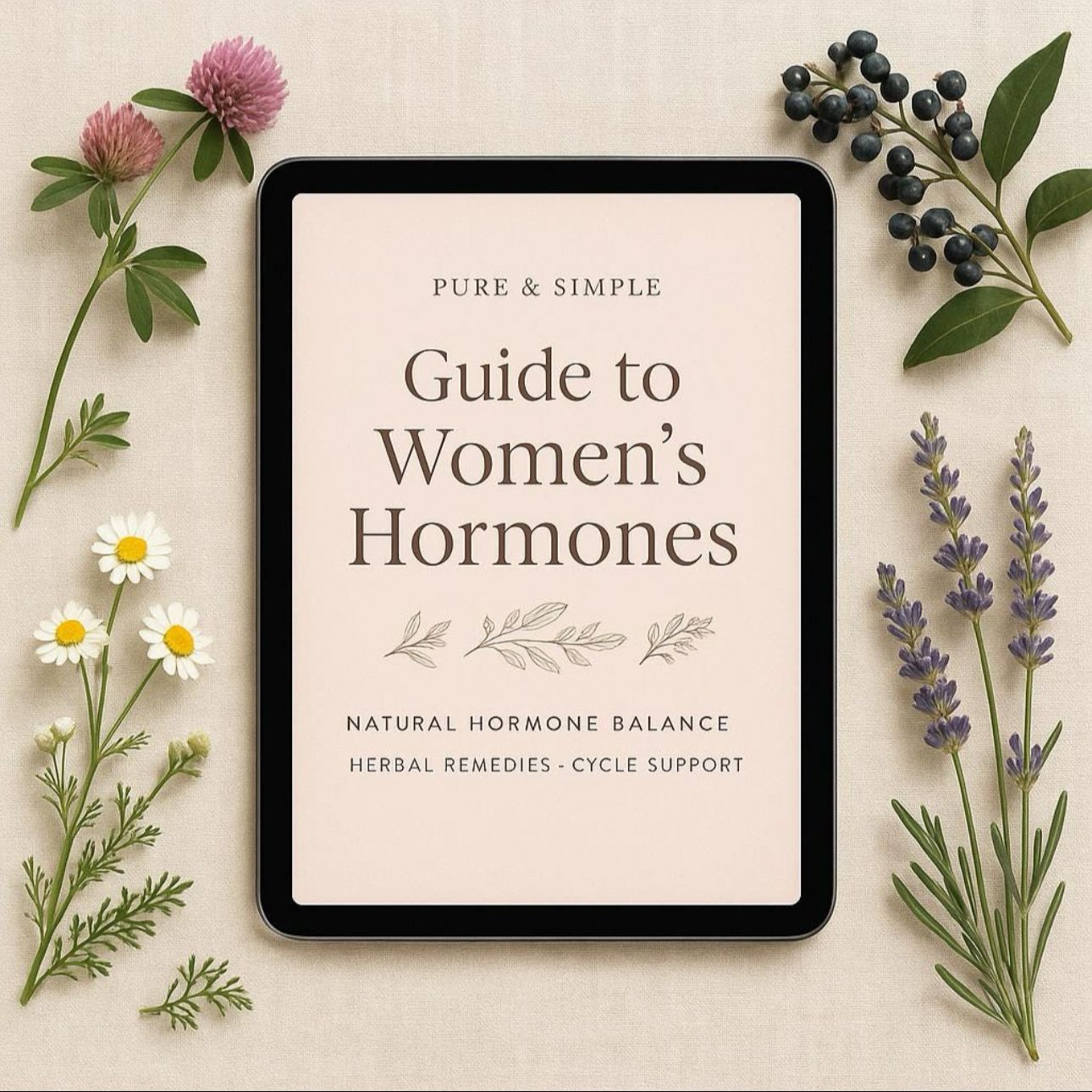Expert Insights: Natural Ways to Support Hormone Balance
Understanding Hormone Balance
Hormones play a crucial role in our overall health, influencing everything from mood and energy levels to digestion and immune function. Maintaining a natural hormone balance is essential for both physical and mental well-being. When hormones are out of balance, it can lead to a variety of health issues, including fatigue, weight gain, and mood swings. Fortunately, there are natural ways to support and maintain hormonal harmony.

Adopt a Balanced Diet
A balanced diet rich in essential nutrients is a cornerstone of hormone health. Consuming a variety of whole foods, including fruits, vegetables, lean proteins, and healthy fats, can provide the building blocks for hormone production. Omega-3 fatty acids, found in fish like salmon and in flaxseeds, are particularly beneficial for hormonal balance.
It's also important to limit the intake of processed foods and sugars, which can disrupt hormone production and lead to inflammation. Instead, focus on incorporating foods rich in antioxidants and fiber. These nutrients help reduce inflammation and support the body's natural hormone regulation processes.
Exercise Regularly
Regular physical activity is another key factor in maintaining hormone balance. Exercise helps to regulate hormones such as insulin and cortisol. It also encourages the release of endorphins, often referred to as "feel-good" hormones, which can improve mood and reduce stress.

Incorporating a mix of aerobic exercises, like walking or cycling, with strength training can optimize hormone health. Aim for at least 150 minutes of moderate exercise each week to reap the benefits.
Manage Stress Effectively
Chronic stress can wreak havoc on your hormonal balance. It leads to the overproduction of cortisol, which can interfere with other hormones and lead to weight gain, anxiety, and sleep disturbances. Finding effective ways to manage stress is crucial for maintaining hormonal health.
Consider practices such as yoga, meditation, or deep-breathing exercises. These activities can help calm the mind and reduce cortisol levels, promoting a more balanced hormone environment.

Ensure Adequate Sleep
Quality sleep is fundamental to hormone regulation. During deep sleep, the body works to repair tissue, synthesize important hormones, and regulate the balance of various hormones. Lack of sleep can disrupt these processes, leading to hormonal imbalances.
Strive for 7-9 hours of uninterrupted sleep each night. Establishing a regular sleep schedule and creating a calming bedtime routine can enhance sleep quality and contribute to overall hormonal health.

Consider Herbal Supplements
Certain herbal supplements have been shown to support hormone balance. For example, adaptogens like ashwagandha and rhodiola can help the body manage stress and improve hormonal equilibrium. Additionally, evening primrose oil has been used to alleviate symptoms of hormonal imbalance, such as PMS and menopause.
Always consult with a healthcare professional before introducing new supplements to your routine, especially if you have existing health conditions or are taking medication.

Conclusion
Supporting hormone balance naturally involves a holistic approach that includes diet, exercise, stress management, and adequate sleep. By making these lifestyle changes, you can promote a healthier hormone environment and improve your overall well-being. Remember, small, consistent changes can have a significant impact on your hormonal health.

Try our guide to hormones!
Pure and Simple Mommy's Hormonal Balancing Guide
Here are a few product links from Amazon that I recommend:
Wild & Organic Ashwagandha Drops
I do earn a commission from your purchase. Thank you for your support!
